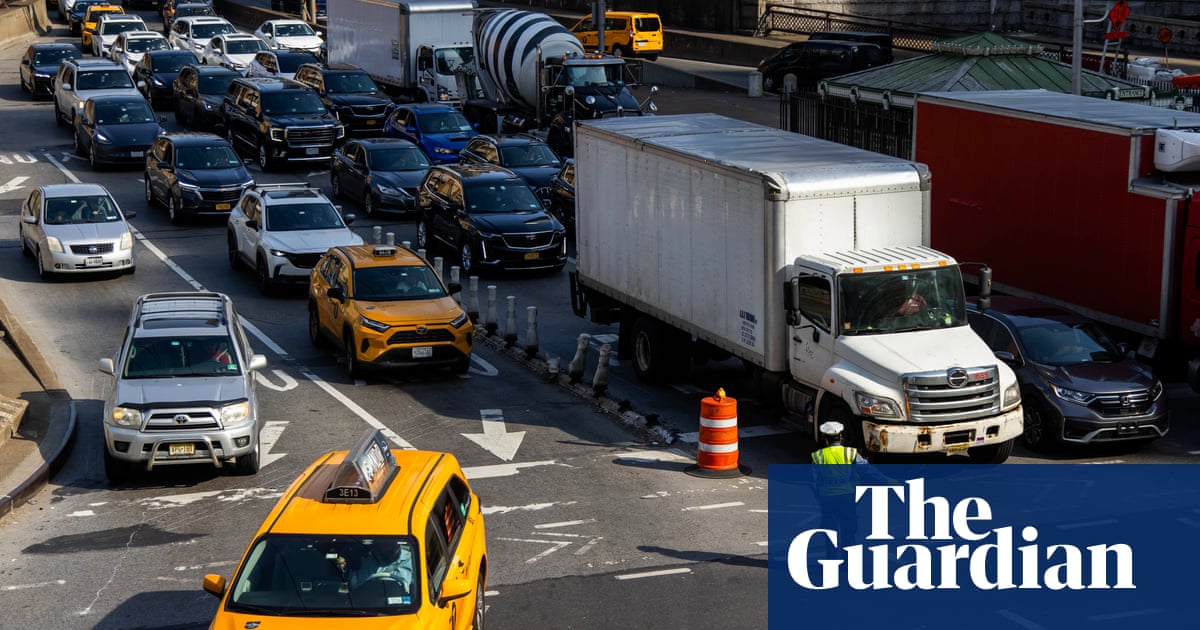NYC School Crisis: Facing the Facts
New York City's public school system is facing a critical juncture. Declining enrollment, coupled with exorbitant spending, has created a unsustainable situation. Since 2016, enrollment has dropped by nearly 14%, with a staggering 17% decrease in kindergarten registrations alone. This decline, exacerbated by dwindling federal aid, paints a grim picture for the future.
The Numbers Don't Lie
The city currently spends approximately $39,000 per student, making it the most expensively funded urban district nationally. This is despite numerous underperforming schools with fewer than 100 students operating at a per-pupil cost comparable to elite private institutions. For instance, MS 514 in West Harlem spends $63,007 per student yet only prepares 21% to read at grade level. This financial inefficiency is unsustainable and demands immediate action.
A Necessary but Difficult Solution: School Closures
The solution, though unpopular, is clear: consolidation and closure of underperforming, low-enrollment schools. Maintaining the status quo only rewards failure and accelerates the flight of families to charter, private, or homeschooling options. At least 80 NYC district schools had fewer than 150 students in 2023-24. Many are in the Bronx and Brooklyn, which have seen the most significant student losses.
Strategies for Improvement:
- Timely Closure: Closing underperforming schools proactively minimizes disruption and allows for smoother transitions for students and staff.
- Phased Closure: Gradual school closures (phase-out), where schools stop accepting new students, can be less disruptive, but requires more planning and time.
- Philanthropic Support: Incorporating philanthropic aid can provide additional resources for schools absorbing displaced students.
The city must acknowledge the reality: too many schools for too few students. A failure to act decisively now will only lead to a more severe fiscal crisis and a continued decline in the quality of education for NYC's children.
The Urgency of Action
The upcoming loss of federal pandemic aid in 2026 presents an unavoidable fiscal cliff. The current approach of maintaining budgets despite declining enrollment is fiscally irresponsible and ultimately harms students. Addressing this issue now, though challenging, is crucial to securing a brighter future for NYC's public schools. The alternative – inaction – will be far more damaging in the long run.







Comments
Join Our Community
Sign up to share your thoughts, engage with others, and become part of our growing community.
No comments yet
Be the first to share your thoughts and start the conversation!